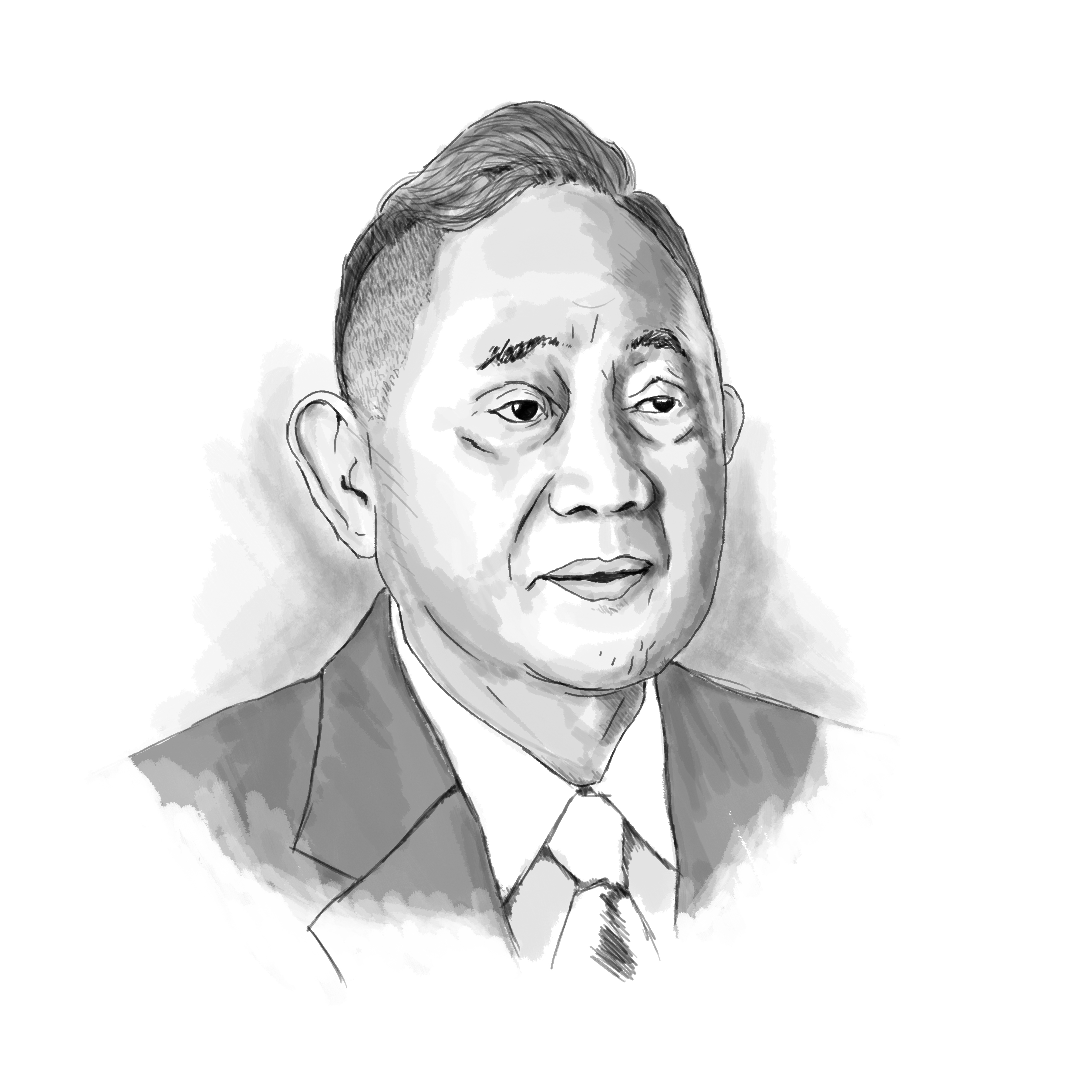PEACE-MAKER

The Thai parliament hosted last week in Bangkok the second meeting of the ICAPP Business Council, an affiliate group under the International Conference of Asian Political Parties (ICAPP).
The ICAPP Business Council was established to promote and facilitate potential business cooperation in the region through increased networking between the principal political parties and business communities. Its inaugural meeting was held in Busan last year, co-hosted by the Minjoo (Democratic) Party and the People Power Party of the Republic of Korea.
ICAPP, as we wrote about in this column a number of times, is an inclusive organization which includes ruling and opposition political parties, as well as the Left, Right, and Center of the political spectrum. We founded and launched this Asia-wide association in Manila in September 2000, which is now composed of 352 political parties from 52 countries in Asia, including the major parties in the Philippines.
The second ICAPP Business Council meeting discussed the issues of food security and tourism promotion, which are both vital to economic and social fabric of many nations and which coexistence poses unique challenges and opportunities.
Leading political and business leaders from various Asian countries exchanged views, strategies, and best practices on the said issues, based on the following highlights:
On Food Security: “The year 2023 witnessed significant economic and geopolitical challenges that had a profound impact on global food security. According to the Mid-Year Update of the Global Report on Food Crises 2023 published by the World Food Program (WFP), high levels of food insecurity persisted. Data available for 48 countries as of August 2023 showed that over 20 million more people faced high level of acute food insecurity, which was 10 percent increase from the previous year. This increase was mainly due to persistent or intensifying conflicts, weather extremes and economic aftershocks from the Covid-19 pandemic.
“The impacts are being felt across our region as well, and, in particular, posing a grave threat to the food security of vulnerable communities. A significant portion of world population is also deficient in the basic food and nutrition, and suffering from higher prices in food commodities as many countries face economic uncertainty. Indeed, the low-income countries are experiencing the acuter inflation rate than the high-income countries.
“The food industry is fundamentally linked to the four pillars of food security: i.e. availability, access, utilization, and stability. The factors impacting the food security are also multi- dimensional, with both the national and the global supply chain playing crucial roles. Thus, the food security cannot be properly guaranteed without the collaboration between the political leaders and the business leaders in the food industry, not only on national, but also on regional and international level.”
On Tourism Promotion: “The year 2023 also witnessed an encouraging increase in international tourist arrivals. According to the World Tourism Organization (UNWTO), the international tourism market grew by 14 percent in 2023 compared to the previous year with joint efforts of governments and tourism industry. However, despite this recovery, the market has not yet reached pre-pandemic levels. This underlines the importance of maintaining and intensifying efforts toward constructing a more resilient and sustainable tourism sector.
“Tourism has always proven to be crucial to economic growth and job creation in many countries in the region. In addition, tourism is closely linked to, and inseparable from, various sectors including transport, hospitality, culture, and environment. It has also contributed to cultural exchange between countries.
“It is therefore important to discuss how to promote tourism extending beyond the industry and national boundaries and this necessitates the involvement of both political leaders and business leaders in the tourism industry.
“Political leaders can play a pivotal role by facilitating the relaxation of travel restrictions, the investment in infrastructure, and the promotion of sustainable practices, while business leaders in the industry can directly influence the market trends and the consumer behavior for tourism promotion through innovative strategies. Political and business leaders can share valuable insights with each other, thus creating huge synergy in promoting tourism.”